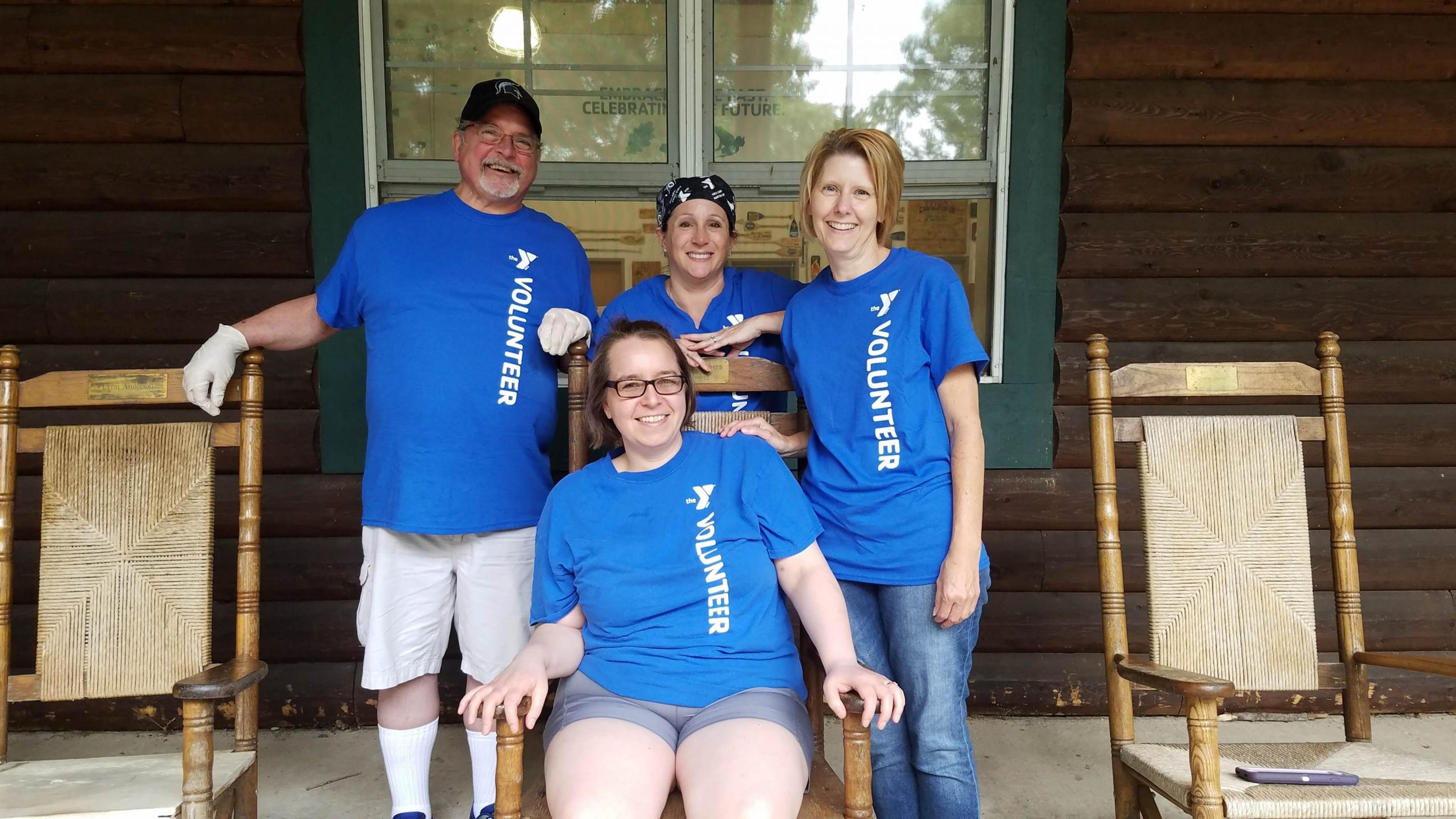Michigan Woman with Celiac Disease Helps Others Adjust with Dietary Tips and Advice

Jake Newby
| 5 min read
Jake Newby is a brand journalist for Blue Cross Blue...

After months of unknowingly tussling with celiac disease, Flint resident Margaret Clegg was diagnosed with a serious autoimmune disease in 2001. It was around that time that Clegg caught wind of the disease’s lengthy list of roughly 200 associated symptoms. At that moment the mysterious health issues that plagued her throughout high school and college weren’t so mysterious anymore. “It kind of felt like when Sherlock Holmes tells you who did it,” Clegg joked, during an interview with Blue Cross Blue Shield of Michigan. “All the pieces fall together and you’re like, ‘Oh my gosh, that explains everything.’ It’s interesting that one thing can be taken out of your diet and once it does, everything gets better.” People with celiac disease are incapable of ingesting gluten without damaging their small intestine. This leads to symptoms and can even forge a gateway to other autoimmune conditions, like anemia. Gastrointestinal issues like constipation, diarrhea, abdominal pain, and nausea are also linked to celiac disease, which affects roughly 1 in 100 people worldwide. Those who have an immediate family member with celiac disease are 10 times more likely to develop it themselves. Clegg’s father had celiac disease but wasn’t diagnosed until later in life. “My dad wasn’t following the diet he needed to follow, and I remember saying, ‘Dad, you have to do better, I don’t want to see you die,’” Clegg recalled. Years of learning, adjusting, and coping with celiac disease – as well as witnessing it hit home, firsthand – guided Clegg toward a daily mission of helping others with the relatively unknown but debilitating disease. Clegg has blogged about celiac for close to a decade. The “MI Gluten-Free Gal” makes it clear that she is not a medical professional. But her 20-plus years of experience in grappling with the disease openly and transparently has morphed her into a regional resource. “A couple of years ago, I had a mom that happened to message me through Facebook. She said she felt so lost and didn’t know what to do and I gave her my phone number. I said, ‘Just call me, we can talk through it,’” Clegg recalled. “I remember her just thanking me. She was crying. She said she cried happy tears because she had the information to keep her kid safe.” Clegg’s email and social media message inboxes are always open. “I’ve always felt that people have been helpful to me in life, and I just want to return the favor,” Clegg said.
Dietary tips for people with celiac disease
Clegg – a lifelong member of Blue Cross Blue Shield of Michigan – said eating at restaurants can be extremely difficult when you can’t eat gluten. “You’re putting your health and safety into somebody’s hands,” she said. “You have to trust that they know what they’re doing.” Wheat-based foods, as well as grains like barley, rye, and oats can seriously upset the stomachs of people with celiac. That’s why the potential for cross-contact in restaurant kitchens between these foods and gluten-free foods is unnerving for customers like Clegg.
“Imagine somebody having a cutting board and they just made a sandwich with whole wheat bread,” she said. “I can’t have a sandwich made on that same cutting board.” Clegg has a restaurant review page on her blog site so people can scan the list of Michigan restaurants with gluten-free items and menus. At home, Clegg said her own personal diet leans heavily on potatoes. “Potatoes are my best friend,” she said, with a laugh. “Gluten is found in grains, so anything that’s not a grain is all good. Your fresh meat, fresh fruit, fresh vegetables.” One key to unlocking fun and variety in a gluten-free diet, according to Clegg, is exploring foods and recipes from around the world. “My husband is an excellent cook, and we do a lot of stir-frys. We use tamari, which is a great gluten-free alternative to soy sauce,” she said. “I love curries. We’ll do coconut milk curries with spinach and chickpeas and all that stuff. I try to encourage people to look beyond the western diet. There are so many foods in other cultures that are naturally gluten-free.” She also mentioned lentils and chickpeas as some of her go-to’s. “Look outside of your usual cuisine,” she said. “Be bold.”
Combating celiac disease symptoms and other tips
Since celiac is not currently curable, deking and dodging gluten becomes a lifelong commitment for people who carry the disease. In most cases, accidentally ingesting gluten should not result in a trip to the emergency room. Clegg said resting, hydrating, and eating a bland diet ripe with potatoes and brown rice is usually the best remedy for a bout with celiac symptoms. Beyond just the physical fallouts associated with celiac, Clegg stressed that support systems are crucial for the mental wellbeing of people with celiac disease. She said being kind and compassionate can go a long way. “There is such a level of animosity and bullying toward people like myself and people with food allergies that is just ridiculous,” she said. “We need to treat people with compassion and dignity because, we don’t want to have to request the accommodations, we don’t want to inconvenience anybody.
Getting tested for celiac disease
If you experience symptoms associated with celiac disease or believe the disease may be hereditary, a simple blood test should be your first step. “Getting your cholesterol and blood sugar tested. It’s very simple, but the tests we have for diagnosis you must be eating gluten to get an accurate result,” Clegg stressed. “Because right now that’s all that we have, the blood test is antibody testing, and those antibodies are only created when you’re ingesting gluten. So, if you think you have celiac disease, please do not start a gluten-free diet without seeing a medical professional first.” Photo credit: Margaret Clegg Keep reading:





